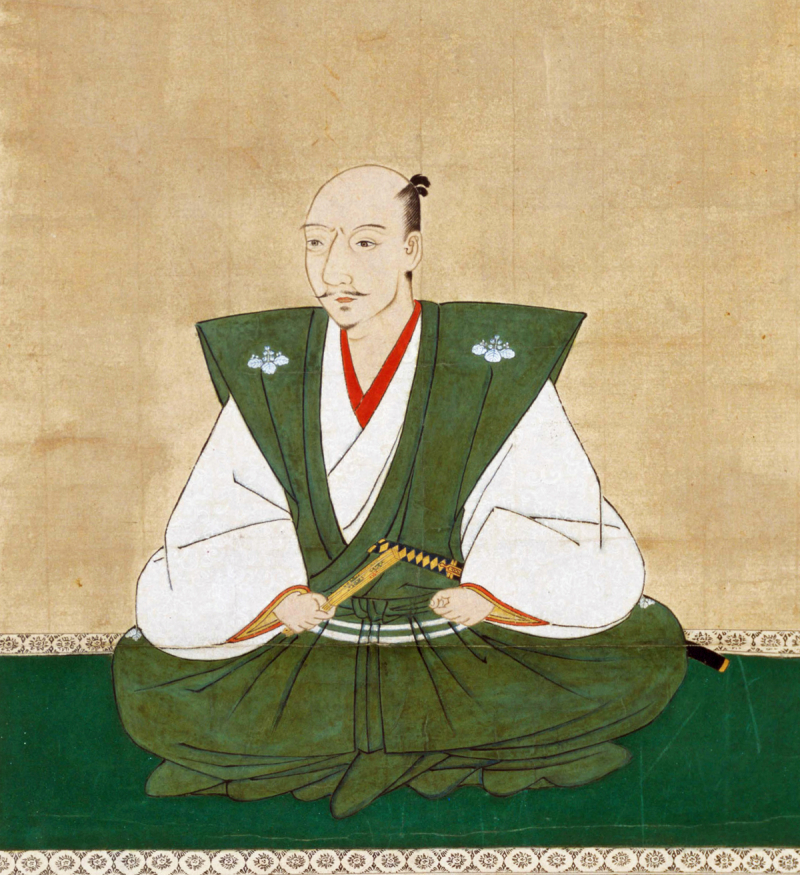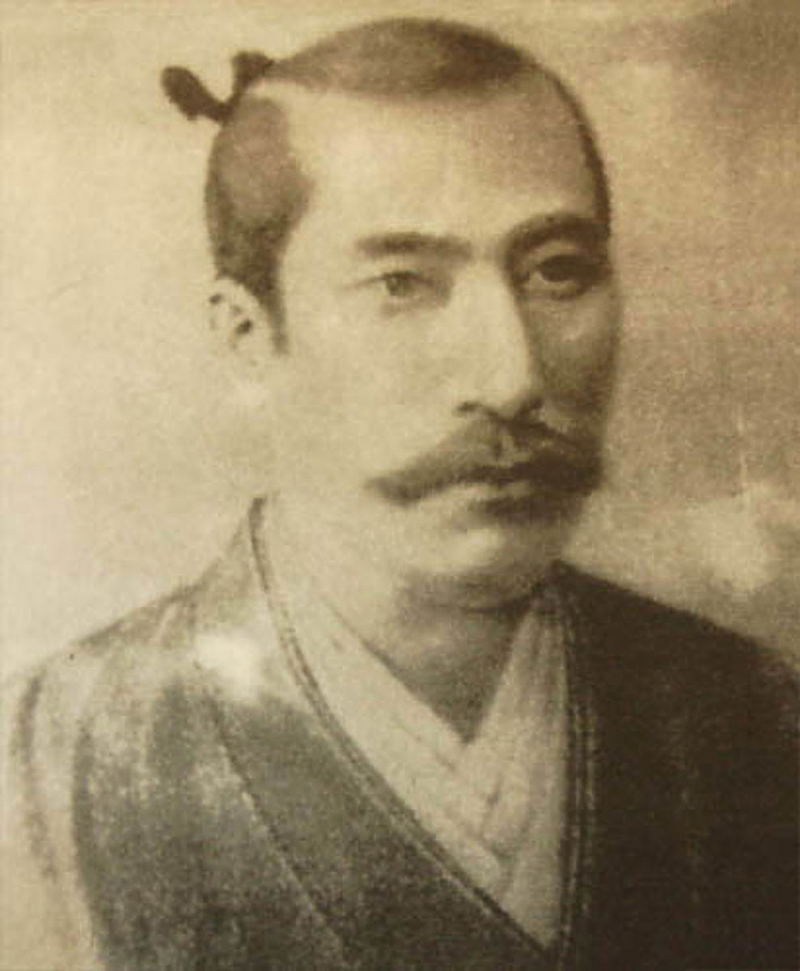Oda Nobunaga
Oda Nobunaga (23 June 1534 – 21 June 1582) was a Japanese samurai warrior who was a key figure during the Sengoku period. Nobunaga was the powerful Oda clan's leader when he launched a war against other daimyō to unify Japan in the 1560s. In 1573, Nobunaga became the most powerful daimyō, deposing the nominally ruling shogun Ashikaga Yoshiaki and dissolving the Ashikaga Shogunate. By 1580, he had conquered most of Honshu island and had defeated the Ikkō-ikki rebels. Nobunaga's reign was notable for its innovative military tactics, promotion of free trade, civil government reforms, and the beginning of the Momoyama historical art period. In the Honnō-ji Incident in 1582, Nobunaga's retainer Akechi Mitsuhide ambushed him in Kyoto and compelled him to perform seppuku. Toyotomi Hideyoshi succeeded Nobunaga, and he and Tokugawa Ieyasu ended their campaign for unification shortly after.
Oda Nobunaga is recognized as one of the three great unifiers of Japan, together with his retainers Toyotomi Hideyoshi and Tokugawa Ieyasu. Hideyoshi later united Japan in 1591 and invaded Korea the following year. He died in 1598, however, and Ieyasu took power following the Battle of Sekigahara in 1600, becoming shogun in 1603, and bringing the Sengoku period to a close.
Japanese name: 織田信長
Born: 23 June 1534 in Nagoya, Owari, Japan
Died: 21 June 1582 in Honnō-Ji, Kyoto, Japan
Nicknames: "Fool of Owari", "Demon King"
Notable Battles: Battle of Akatsuka, Battle of Muraki, Battle of Kiyosu












